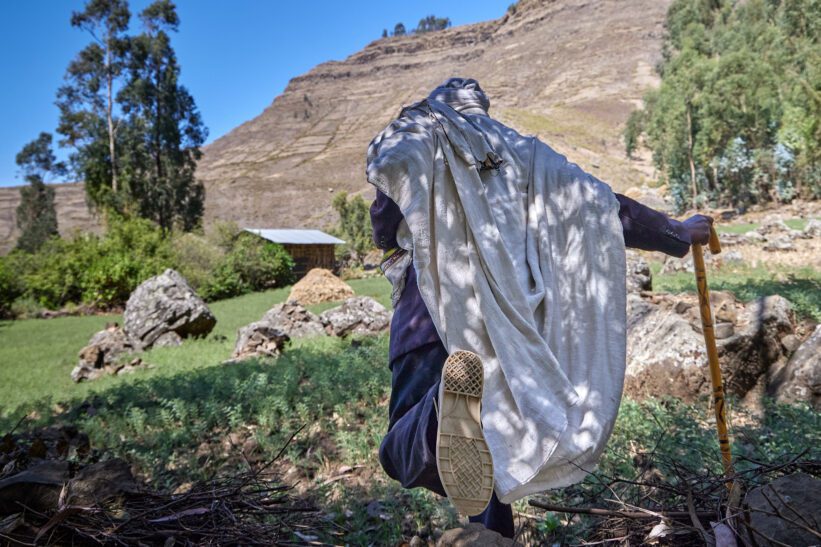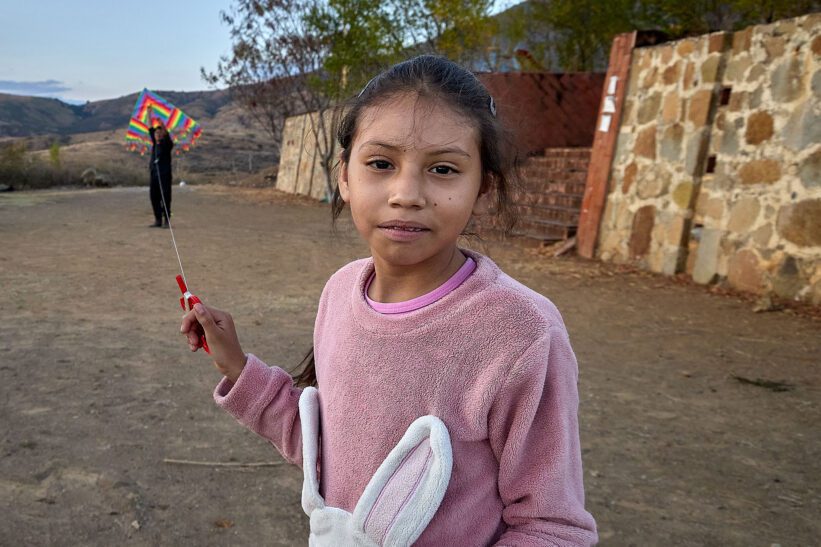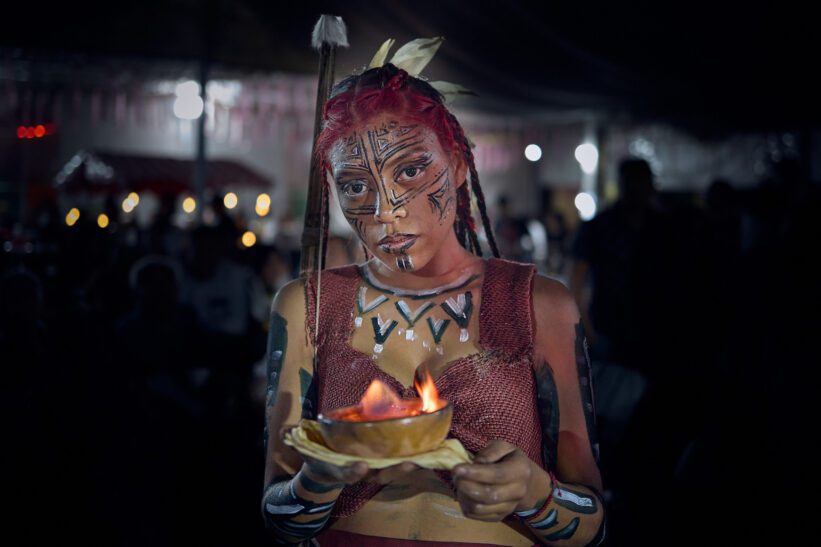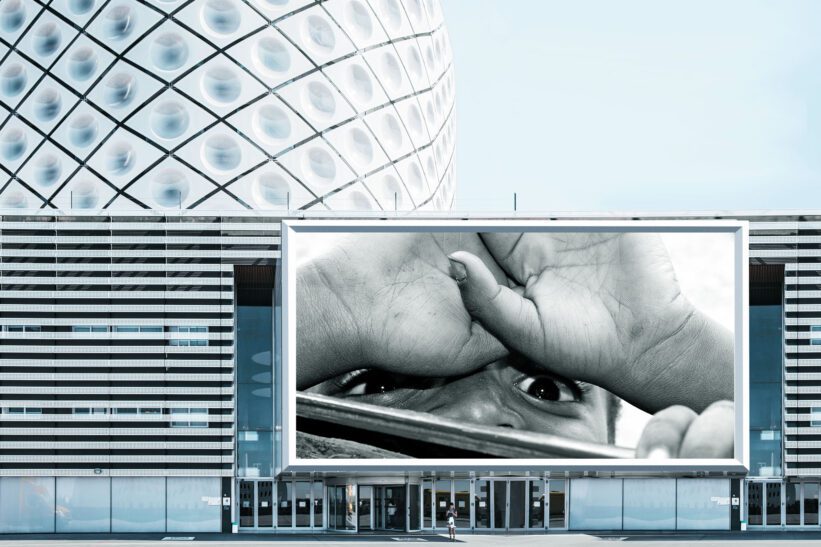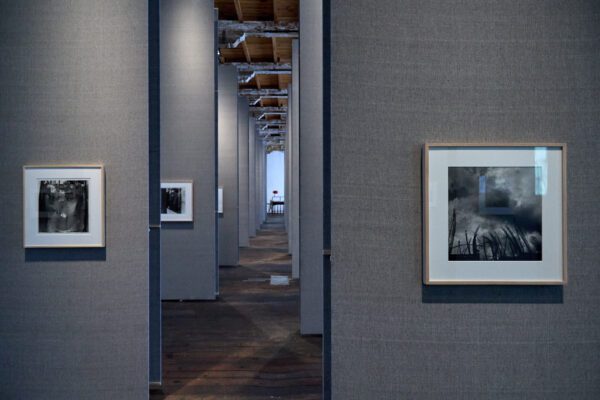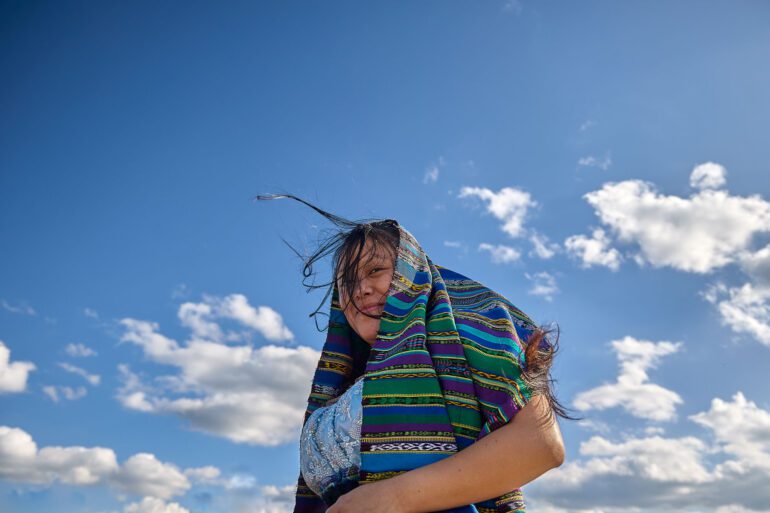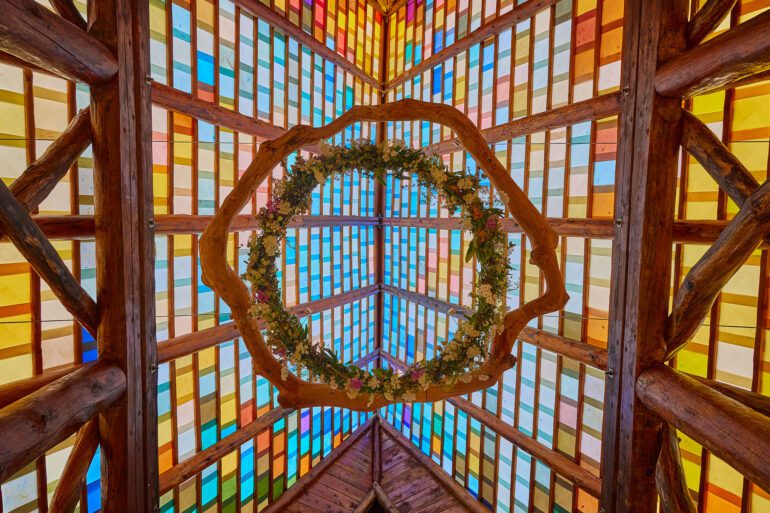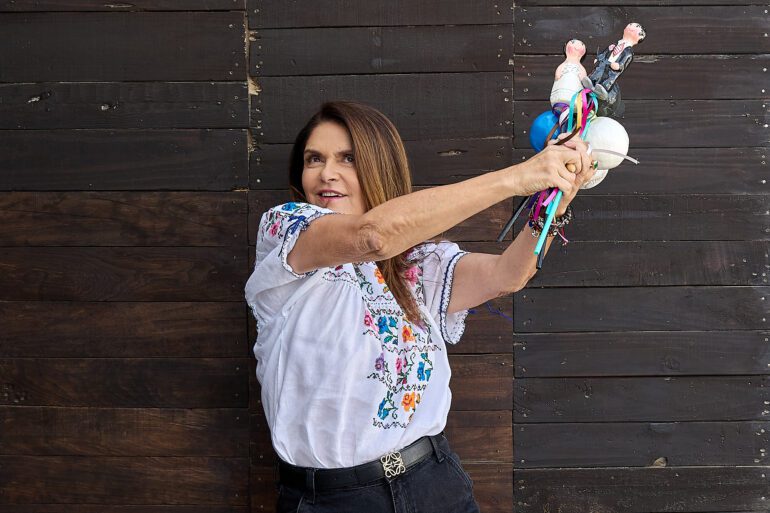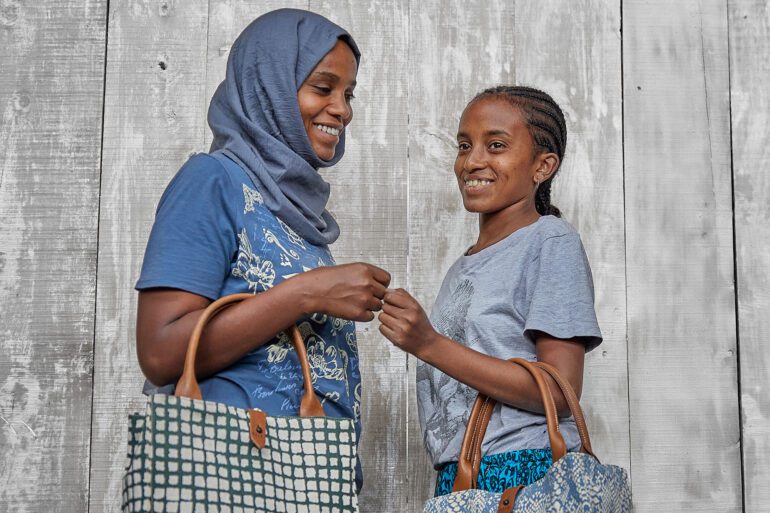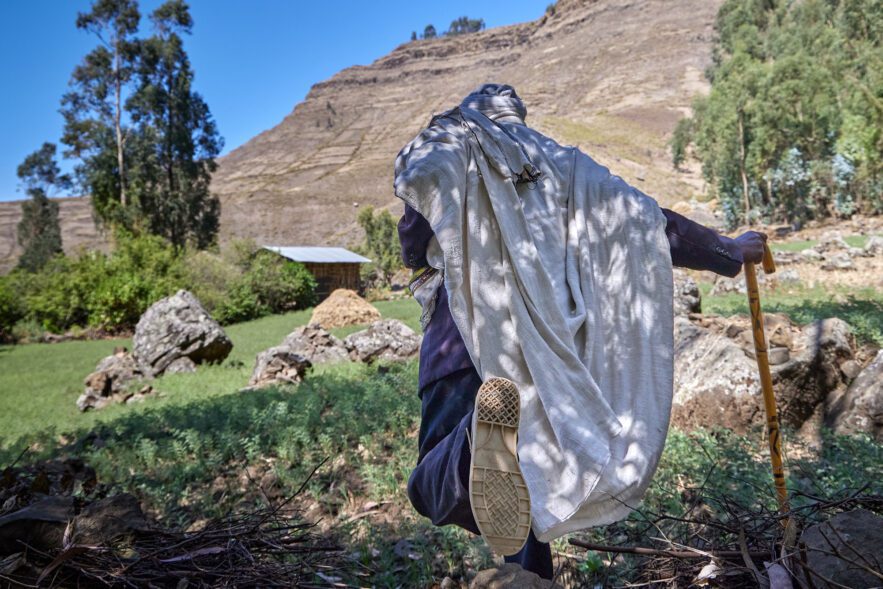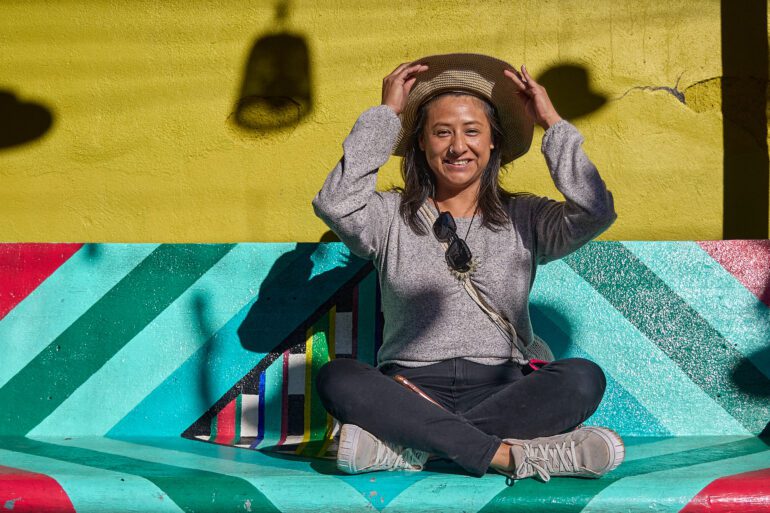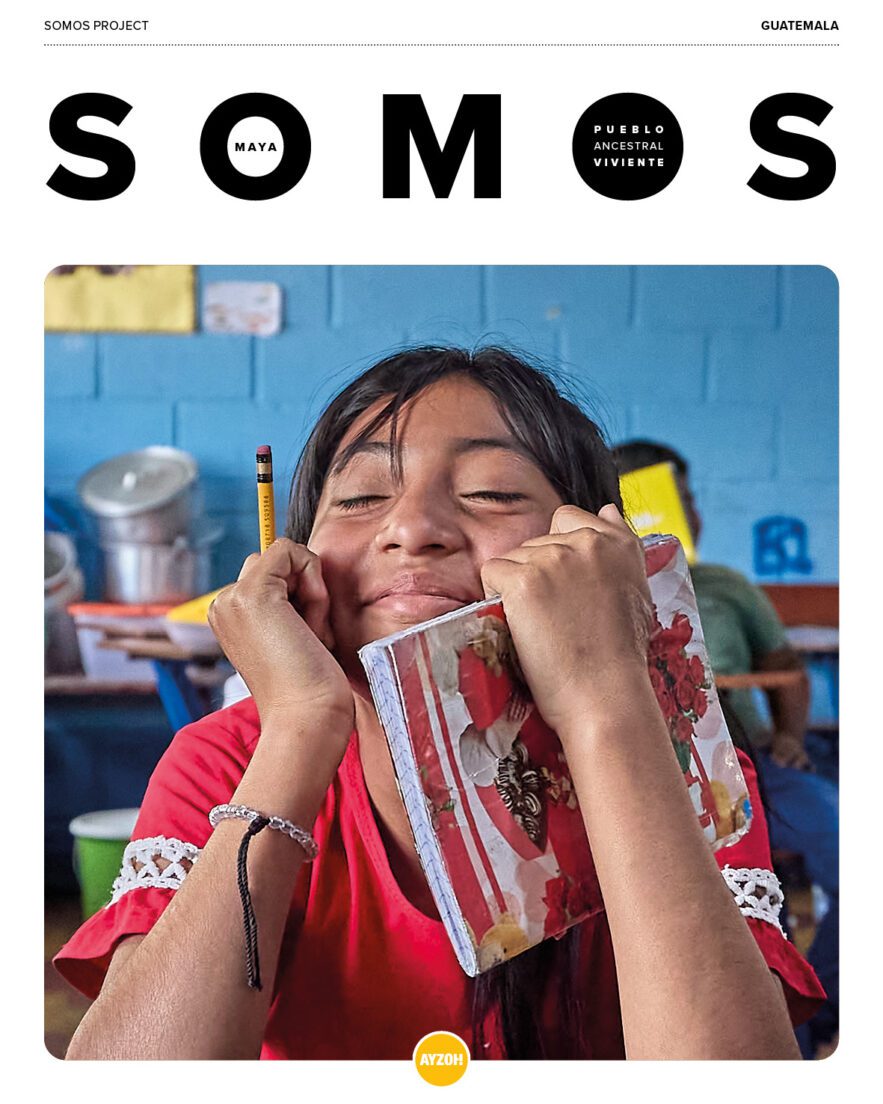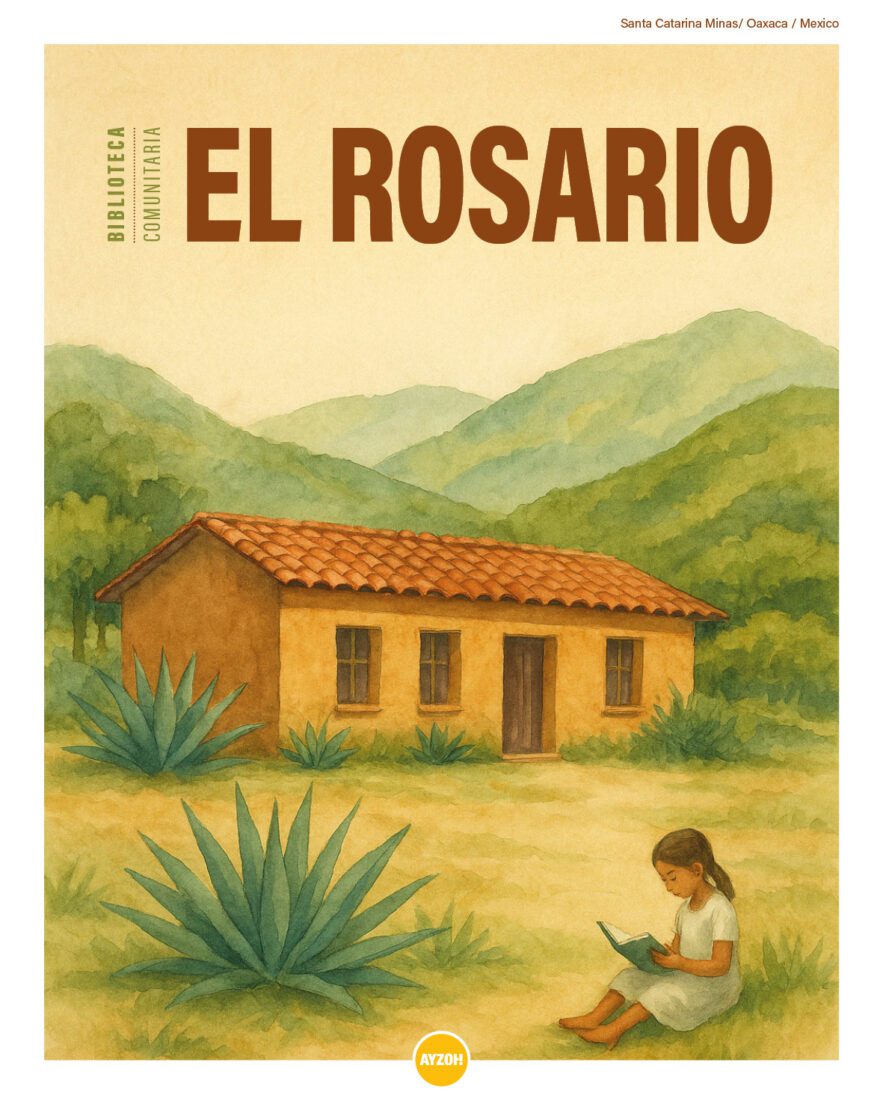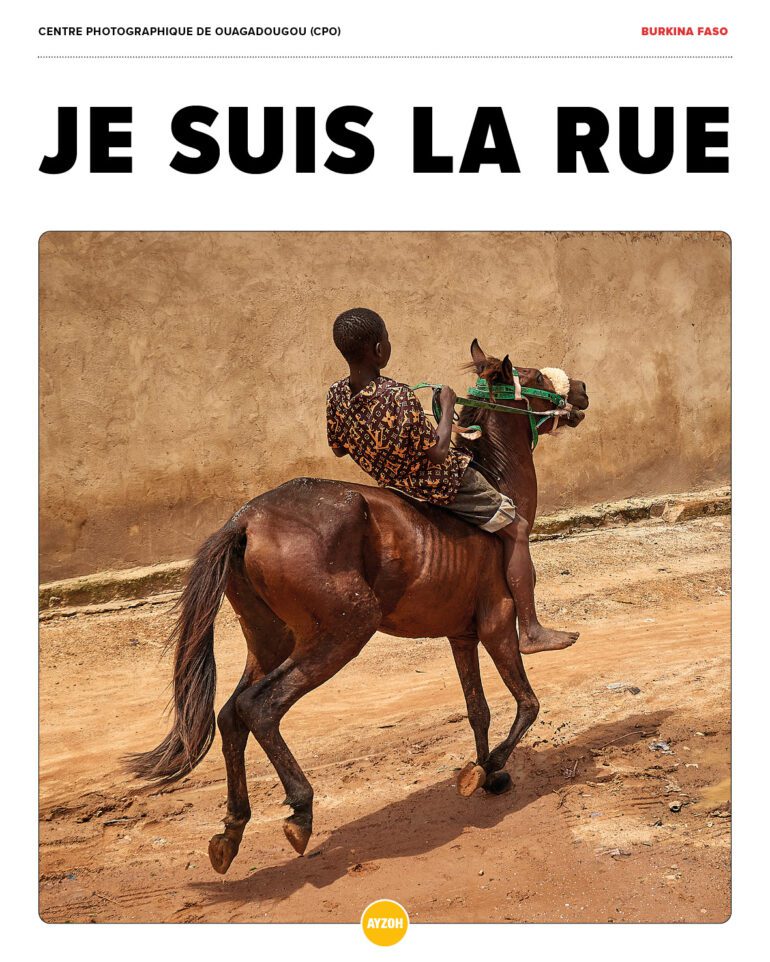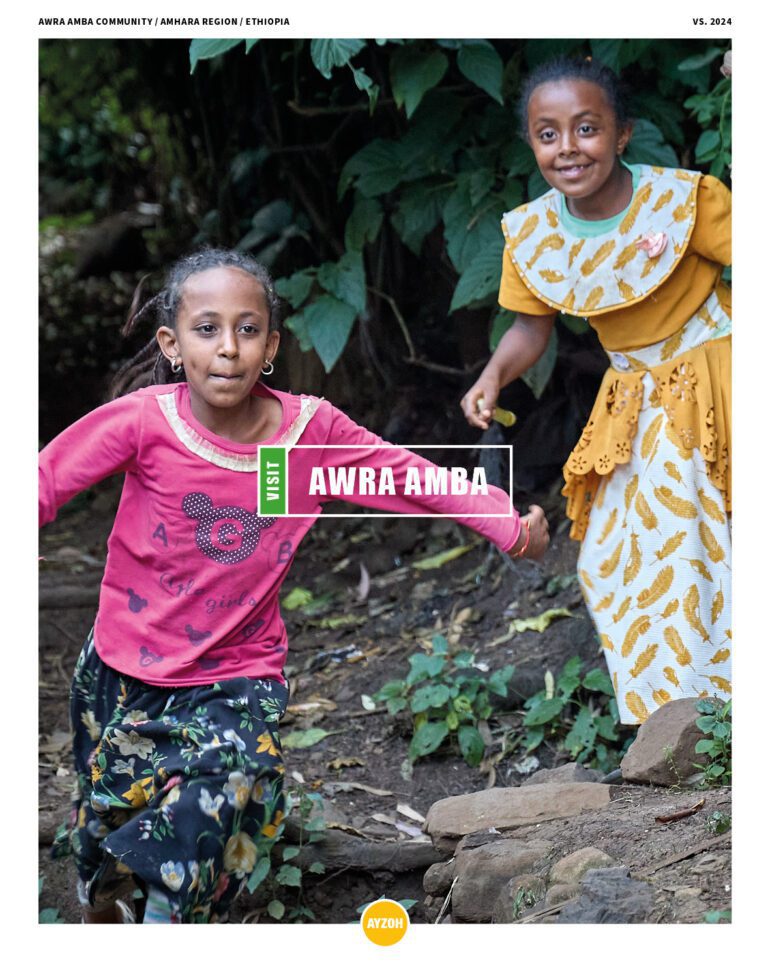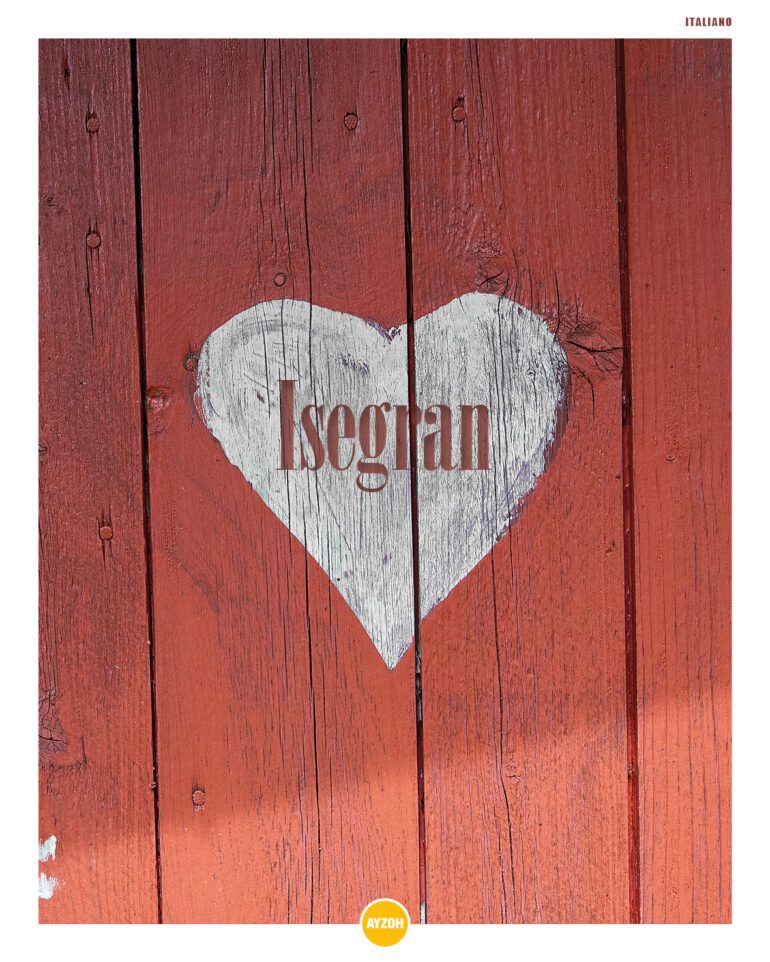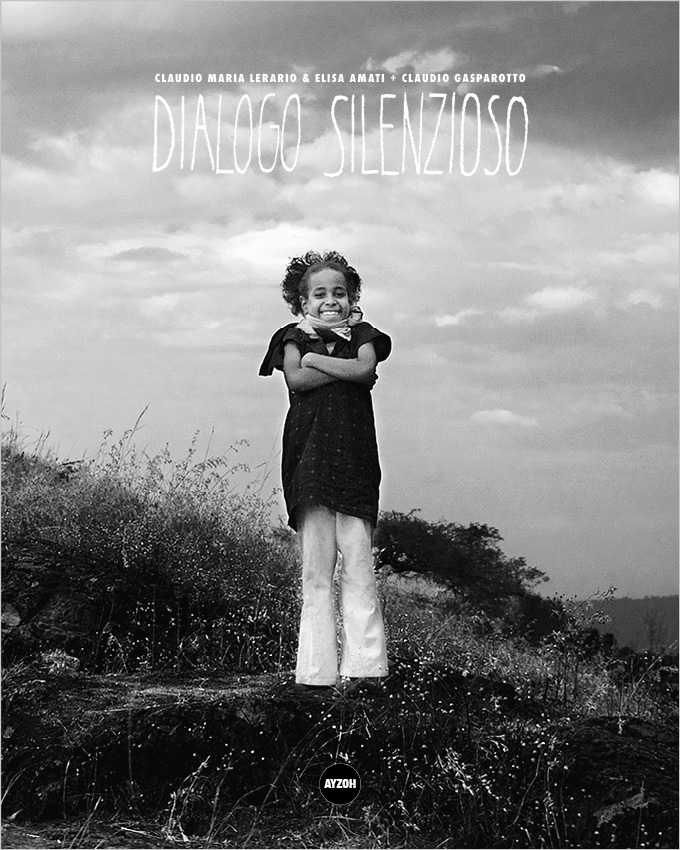I’ve always been drawn to those who disrupt the status quo—who challenge the most harmful and unjust aspects of tradition, who flip the table, who shout “The Emperor has no clothes.” This fascination led me to accept an invitation from the Awra Amba community—located in northern Ethiopia—for Ayzoh! to create a photographic book and website that shed light on their extraordinary story.
My first encounter with Awra Amba came through a sociologist based in Halden, Norway, whose expertise lies in Ethiopian social dynamics. His words were compelling:
“It’s a unique place you must visit. They embraced a visionary ideal that some dismissed as eccentric, yet they brought it to life. Even today, many scholars view Awra Amba as a utopian community. But the idea — conceived half a century ago by Zumra Nuru and a group of uneducated farmers — has become a lived reality.”
Utopia?
Curious, I spent two months living among the community, helping them develop communication tools to share their story in their own words. This collaboration resulted in the publication you now hold and its accompanying website.
About This Project
Visit Awra Amba is a visual journey into the daily lives of this community, captured exclusively in natural light.
The images offer an intimate look into their world, accompanied by reflections from visitors. My goal was to document the village in a simple, authentic way, conveying the profound emotions embodied by Awra Amba: hope, gratitude, solidarity, sisterhood, and brotherhood.
This book is not a scholarly analysis or journalistic exposé; it is a medium to share the uplifting vision of a realized utopia.
Respect
While I admire the community’s principles — equitable economics, gender equality, childcare, religious freedom, solidarity with the marginalized, and a commitment to brotherhood without prejudice — I also acknowledge certain contradictions and moral precepts within their communal life that conflict with my libertarian values.
That said, I deeply value integrity and transparency. I have been open about my perspective, both personally and within the village. The community’s response has been overwhelmingly respectful, embracing my candor and ideas with open-mindedness.
The Facts
The achievements of Awra Amba speak for themselves:
- Poverty has been eradicated.
- A robust social fabric has been cultivated.
- Religious dogma has been replaced by an emphasis on spirituality and respect for creation.
- Romantic mystique has been stripped away in favor of practical, grounded living.
- Violence—especially against women and children—has been eliminated.
What struck me most is the community’s unwavering commitment to honesty, rejecting deceit, fraud, or manipulation.
While no society is perfect, Awra Amba stands as an extraordinary experiment in social innovation, unparalleled in its scope and success.
Can the Awra Amba Model Be Replicated?
One lingering question remains: can the Awra Amba model be adapted elsewhere? This book does not aim to answer that question.
Instead, it invites you to visit the Awra Amba community, witness their way of life, and form your own conclusions about the potential of their approach.
A Call to Action
As for my time there, I’ll let the images tell the story. What I can say is that the experience left me profoundly hopeful for the future. Though not religious, I encountered a Sufi teaching in Awra Amba that resonated deeply:
“What is prayer? Prayer is living a virtuous life—avoiding theft, dishonesty, and harm. Prayer isn’t confined to five daily rituals; it flows through every action—waking, eating, walking. Prayer is a continuous thread in life—embodying respect for women, equality across ethnicity and faith, unity, peace, and collaboration. Prayer is mindfulness in all things.”
Mindfulness
Awra Amba has shown us a path — one that rational beings with free will can choose — to aspire beyond societal norms, religious doctrines, or psychological conditioning.
Even if our philosophies don’t perfectly align, Awra Amba stands as a beacon of possibility, reminding us that an alternative society is not only imaginable but attainable, without veering into the realm of fantasy.


